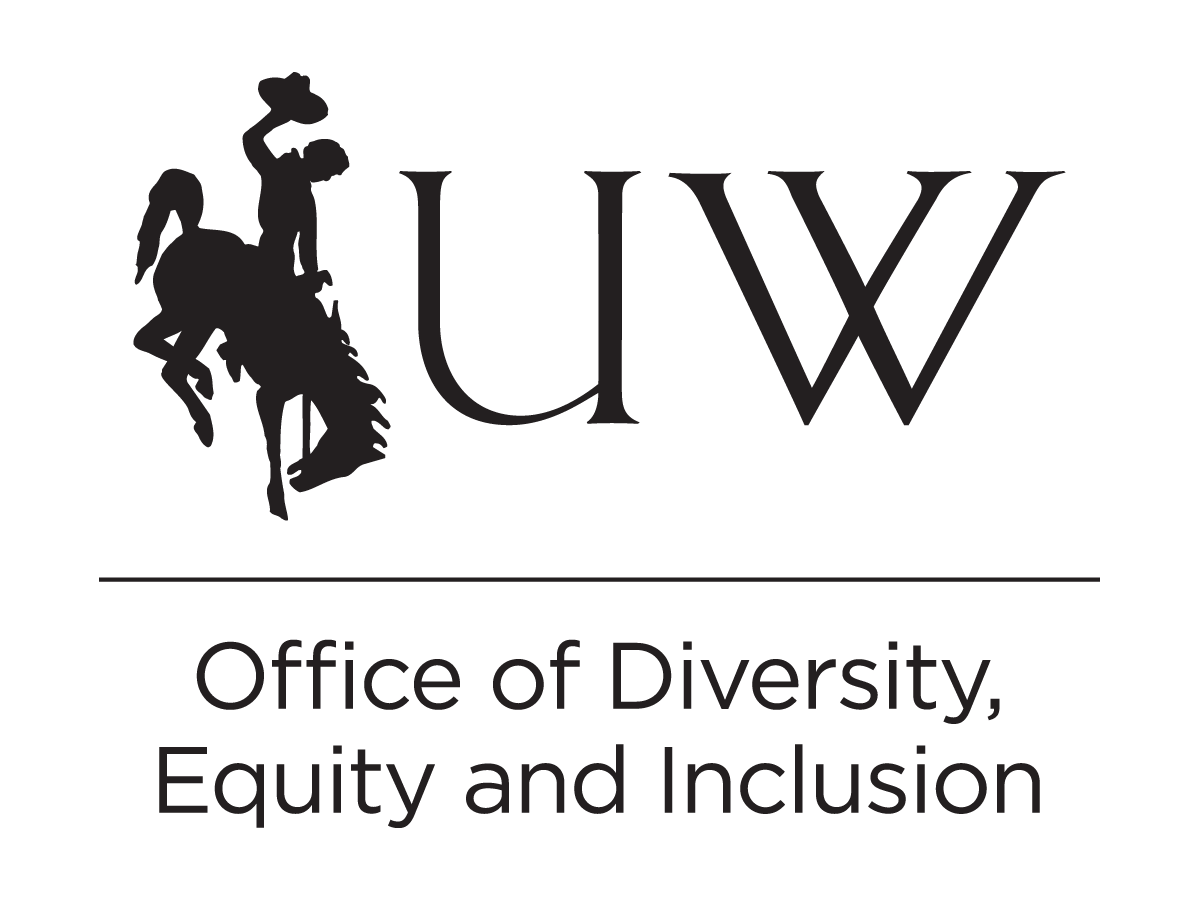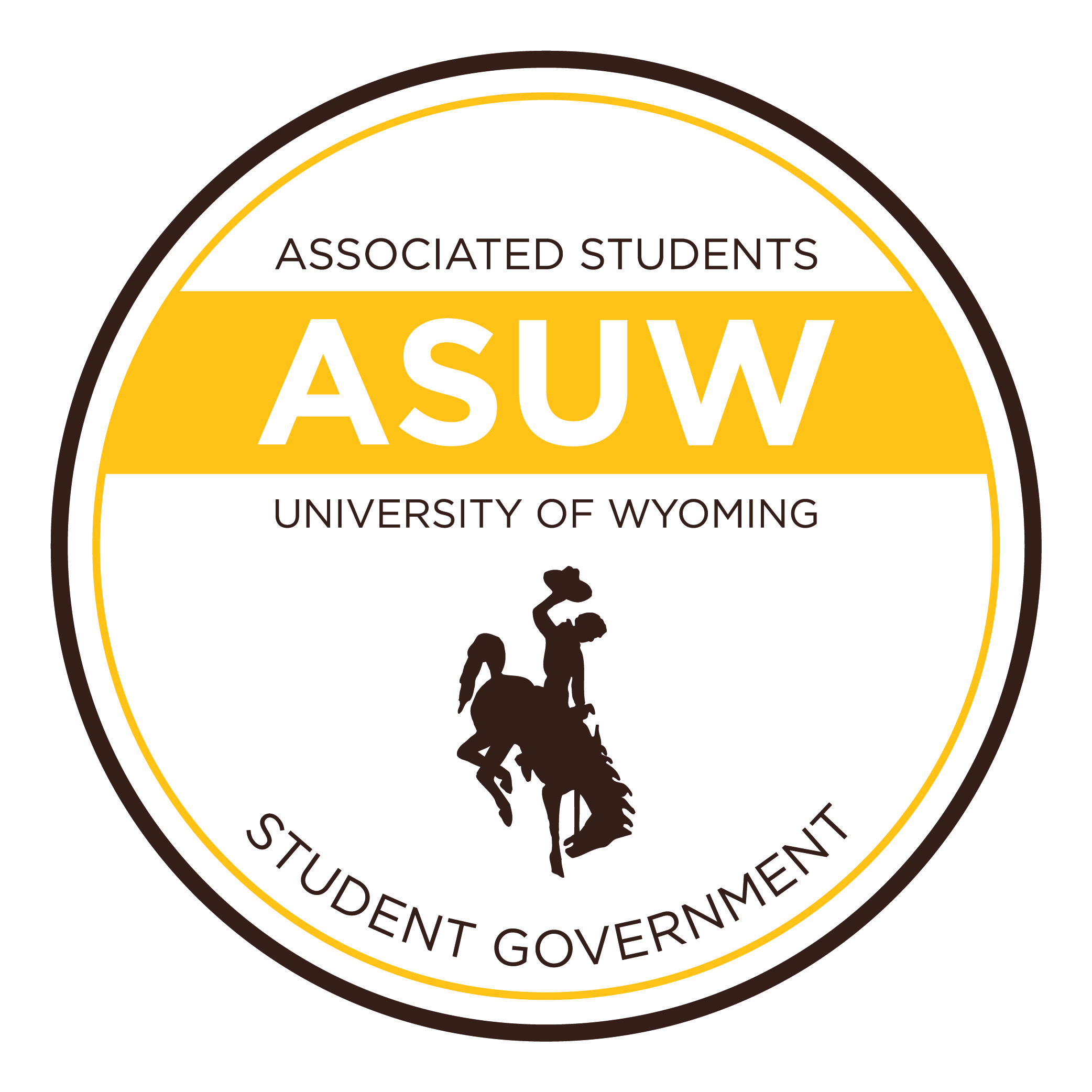On Wednesday night, the University of Wyoming Debate Team hosted a debate against Turning Point USA, over whether student fees should be used to fund a controversial speaker.
“I think it is very interesting how widespread phrases are about how bad we as people are at communicating,” Professor Travis Cram, of the communications department and director of the University of Wyoming Debate Team, said in his opening statement.
He said that it is crucial for us to come together as a community and reflect on the health of our communication.
“Will a single debate solve all our community’s problems? Absolutely not, but it is an important nudge in the right direction,” Cram said.
Judging the debate were three panelists: Professor Jim King from the political science department; Professor Stephen Easton from the UW college of law; Jeff Pope, former head of criminal appeals for the Wyoming Attorney General.
The resolution for the debate was RESOLVED: The content of a speaker’s views should not be considered when deciding whether to provide resources and support for a campus visit.
Debating for the affirmative, were two representatives of Turning Point USA, Jessie Leach, a senior political science and education major, and Keatan Metcalf, a sophomore mechanical engineering major. On the negative were two representatives of the UW debate team, Spencer Culver, a senior communication and African-American and diaspora studies major, and Carter Henman, a senior philosophy major.
“One of our most basic human rights as Americans, our freedom of speech and expression, is undeniably under assault,” Metcalf said in his opening statement.
The affirmative arguments came down to controversial speakers, and confronting your own viewpoints, should be a crucial part of higher education and that using student funds to bring a wide array of speakers is part of this. There is no legal definition of hate speech and that you cannot discriminate based on content, as there is no way to do so fairly.
“The negative does not argue anymore for banning, eradicating free speech or polemics on campus, providing legal censors or censorship for these views,” Henman said as he opened for the negative. “Any more than interviewing professors prior to hiring them, peer reviewing publications, or inducing and extinguishing certain forms of speech in the classroom, constitutes violations of first amendment speech.”
The negative’s arguments were centered around how to responsibly handle student fees with alternate systems where one could vote to spend their fees a certain way, that students should not be forced to pay for speakers that they disagree with or find hateful and evidence that any speaker who used hate speech would have a negative effect on education, with evidence.
Following the opening statements and rebuttals, Cram opened the floor to the judges and audience to ask questions of the teams. The audience asked questions including how ASUW should budget for scarce funds for such speakers, what the definition of hate speech is, how we should judge funds going to things like comedians and who ultimately decides what is too controversial.
After each team’s closing statements, the panelists switched positions with the debaters and offered their opinions on the debate topic.
“There are three ways of, if you disagree with what you believe someone is going to say,” King said. “One is to hold the protest outside, and get lost in the shuffle. One is to hold your own event separately, so you have the stage to yourself. Or the other is to ignore, one of the most effective ways if you disagree with someone is to not even give them an audience.”
Speaking on the negative’s arguments, Pope said, “They made a very interesting choice to draw as many distinctions as possible and narrow the scope of what they had to defend.”
Easton said that free speech on campus is indeed under attack, but that no one group is to blame.
“I think that free speech is under a substantial attack,” Easton said. “My attack would go towards the left and the right. I do think we all have to grow up a little bit and understand that every moment of our lives is not going to be insult free.”
Each of the judges will be writing up a ballot and voting for a winner. The results will be published on the online version of this article when they become available.


